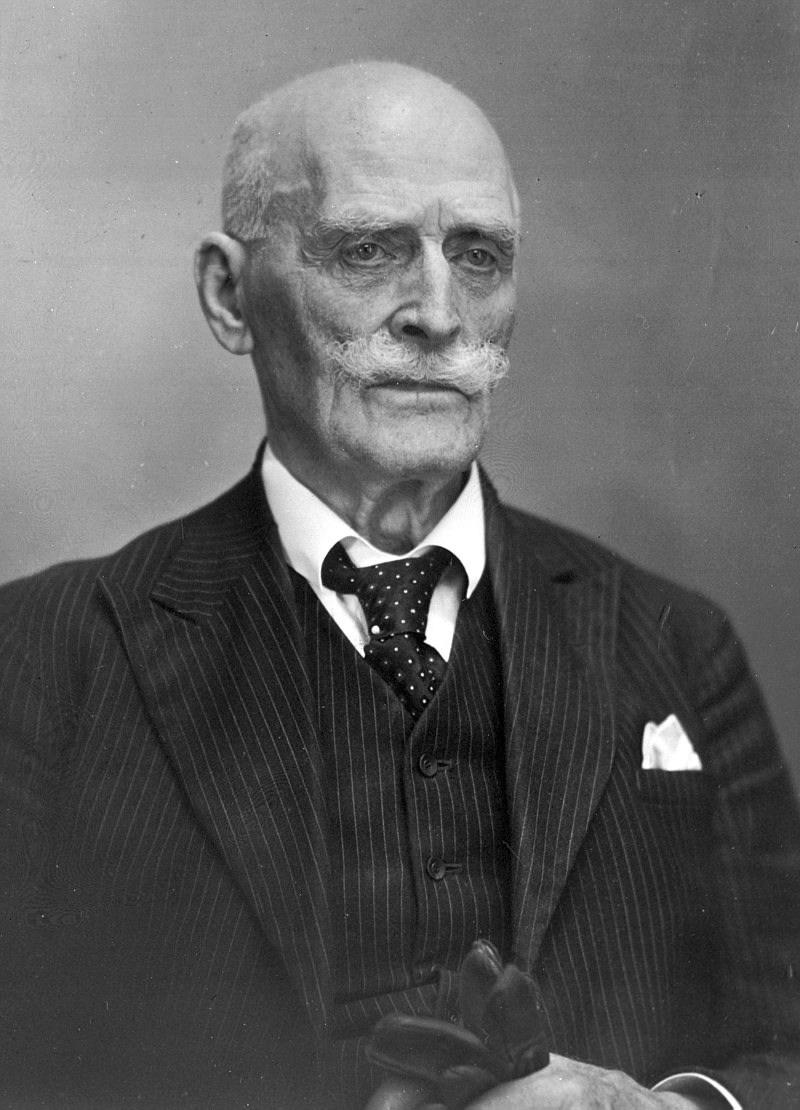Why was Knut Hamsun Awarded the Nobel Prize for Literature in 1920?
Knut Hamsun: The Nobel Prize Laureate for Literature in 1920
In 1920, the Nobel Prize for Literature was bestowed upon Knut Hamsun, a Norwegian novelist, and playwright. His recognition by the Nobel Committee sparked both admiration and controversy among literary enthusiasts.
1. Literary Innovation and Experimental Style:
One of the primary reasons for Knut Hamsun’s Nobel Prize recognition was his literary innovation and experimental writing style. Throughout his career, Hamsun displayed a unique approach to storytelling, marked by its psychological depth and introspective narratives. His unconventional prose and stream-of-consciousness technique challenged traditional literary norms, earning him accolades for his fresh and groundbreaking literary voice.
2. “Growth of the Soil” – A Defining Work:
Knut Hamsun’s most celebrated work, “Growth of the Soil” (“Markens Grøde”), published in 1917, played a crucial role in securing his Nobel Prize win. The novel, set in rural Norway, captured the essence of the land and its people, portraying the struggles and triumphs of a farming family. Hamsun’s portrayal of human connection with nature and his vivid depiction of Norwegian rural life resonated with readers worldwide, earning him critical acclaim and international recognition.
3. Exploration of the Human Psyche:
Hamsun’s literary works delved deeply into the human psyche, exploring the complexities of human emotions and motivations. His characters were intricately portrayed, revealing the inner struggles and contradictions of the human mind. This psychological depth gave his narratives a sense of authenticity and relatability, making them captivating and thought-provoking.
4. Championing Individualism and Unconventional Heroes:
In contrast to the prevailing literary trends of his time, Knut Hamsun celebrated individualism and embraced unconventional heroes in his works. His characters often defied societal norms and conventions, embodying a certain nonconformity that challenged the status quo. This celebration of individuality and his depiction of complex, flawed characters made Hamsun’s writing both refreshing and ahead of its time.
5. Controversy and Political Stance:
Despite his literary brilliance, Knut Hamsun’s Nobel Prize win was not without controversy. In the years following his award, Hamsun expressed admiration for Nazi Germany and its leader, Adolf Hitler. His political stance and public statements drew criticism and condemnation from many, tarnishing his reputation in the eyes of some.
Knut Hamsun’s Nobel Prize for Literature in 1920 was a recognition of his innovative literary style, psychological depth, and celebrated work “Growth of the Soil.” His portrayal of the human psyche, championing of individualism, and embrace of unconventional heroes set him apart as a visionary writer of his time. While his Nobel Prize win is a testament to his literary contributions, it is also important to acknowledge the controversy surrounding his political beliefs. Ultimately, Hamsun’s impact on the world of literature remains significant, and his works continue to be studied and appreciated for their profound exploration of the human experience.





